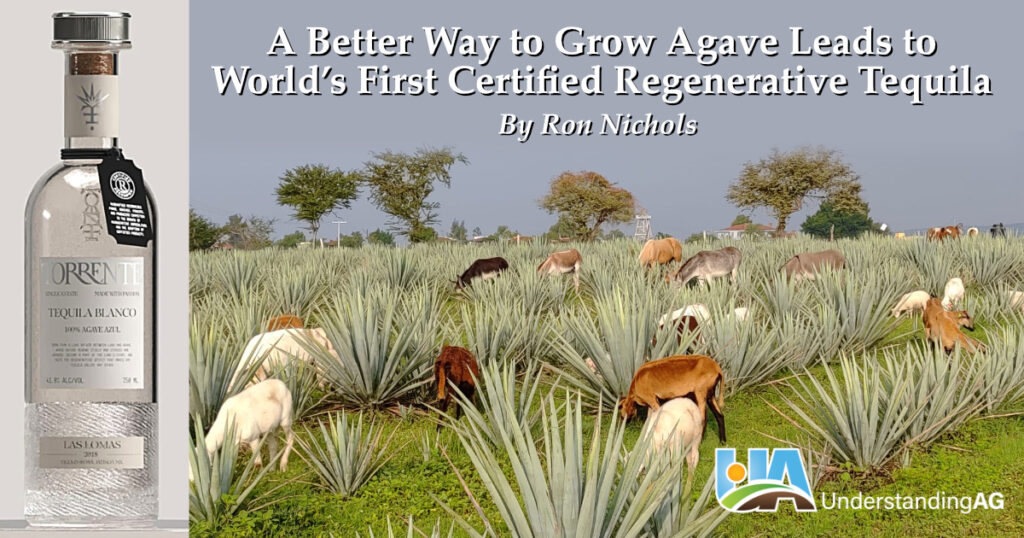- All
- & Specialty Crops
- 6-3-4 Regeneration
- Adaptive Grazing & Livestock
- Crops & Small Grains
- Farm Economics & Finance
- Food & Nutrition
- Gardening
- Orchards
- Orchards, Vineyards, Gardening, & Specialty Crops
- Regenerative Success Stories
- Soil Health & Resource Management
- Vineyards
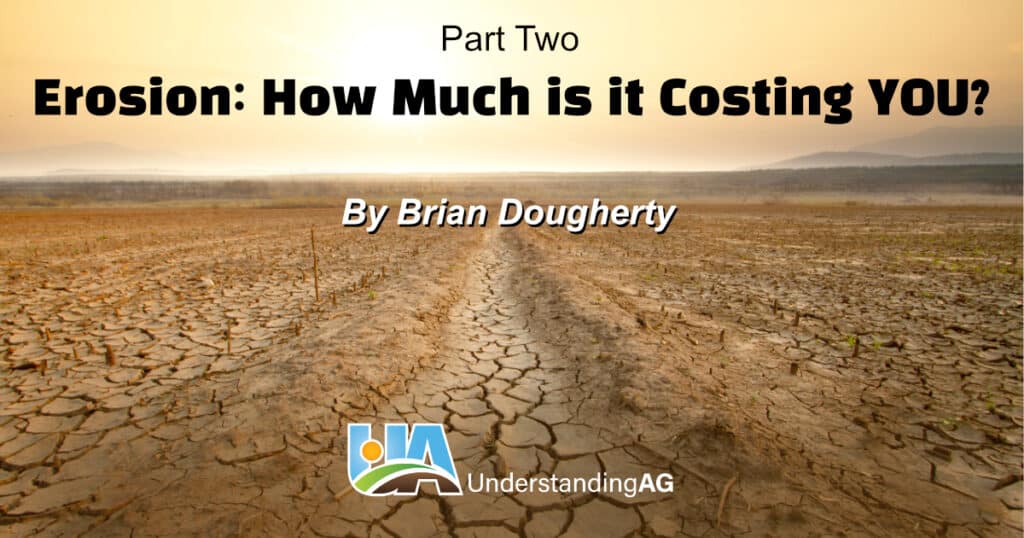
Part 2 Erosion: How Much is it Costing YOU?
In part one, I outlined some of the societal challenges linked to soil erosion and poor soil function. Now let’s take a look at some of the economic costs and benefits of addressing erosion on farms and ranches. To determine the cost of erosion, first we must assign a value to soil. In truth, topsoil […]
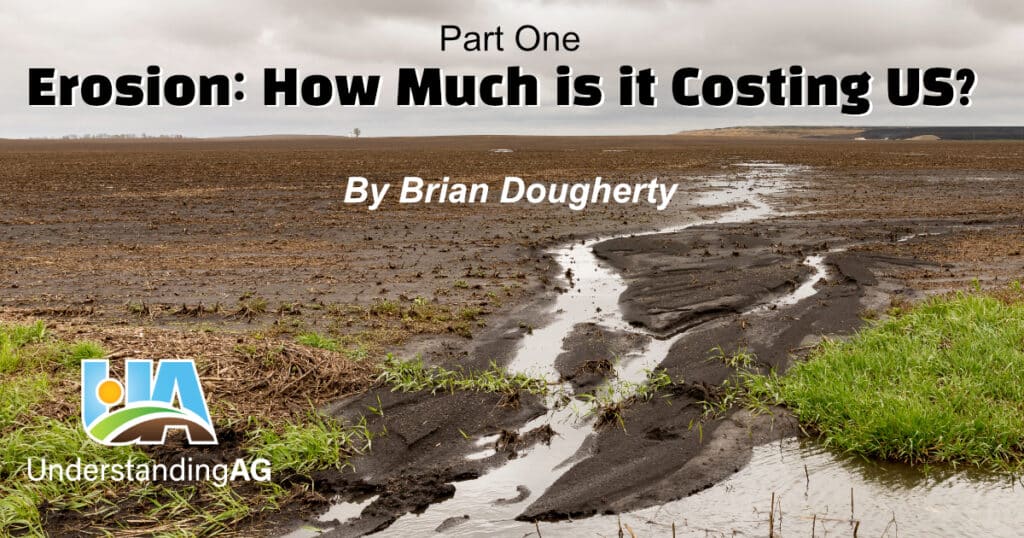
Part 1 Erosion: How Much is it Costing US?
Soil erosion has been one of the most persistent challenges humanity has faced since the advent of agriculture over 10,000 years ago. Loss of productive capacity of the supporting land base contributed to the collapse of numerous civilizations during that time. Poor grazing practices and tillage were the main causes of land degradation historically and […]
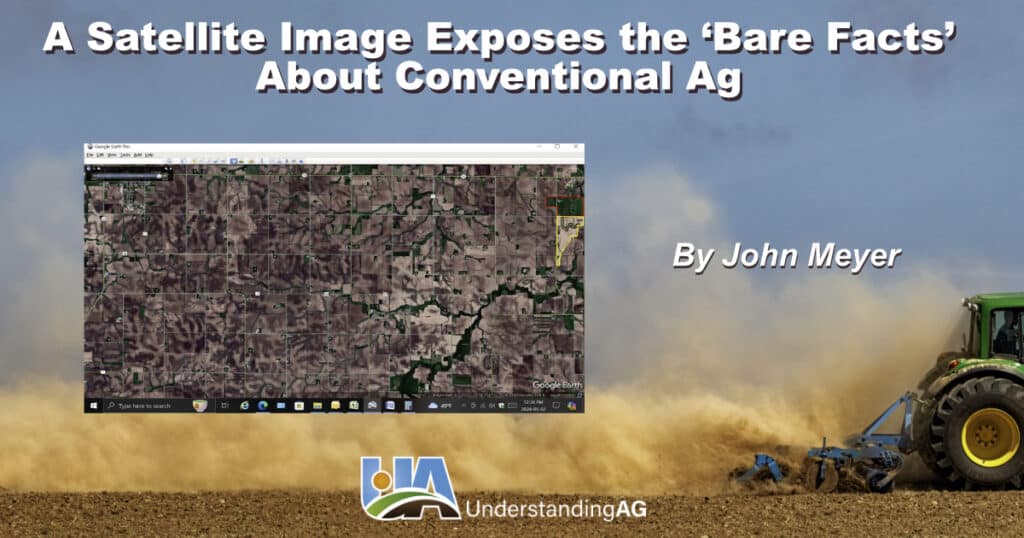
A Satellite Image Exposes the ‘Bare Facts’ About Conventional Ag
I pulled this image up on GoogleEarth yesterday. The photo below shows an area 12.5 miles wide, by 6.5 miles vertically, much of it in Rock Dell Township, Minnesota where our farm is. Hayfield is in the upper left-hand corner. The green area in the middle is along Hwy 30, and at the top is […]
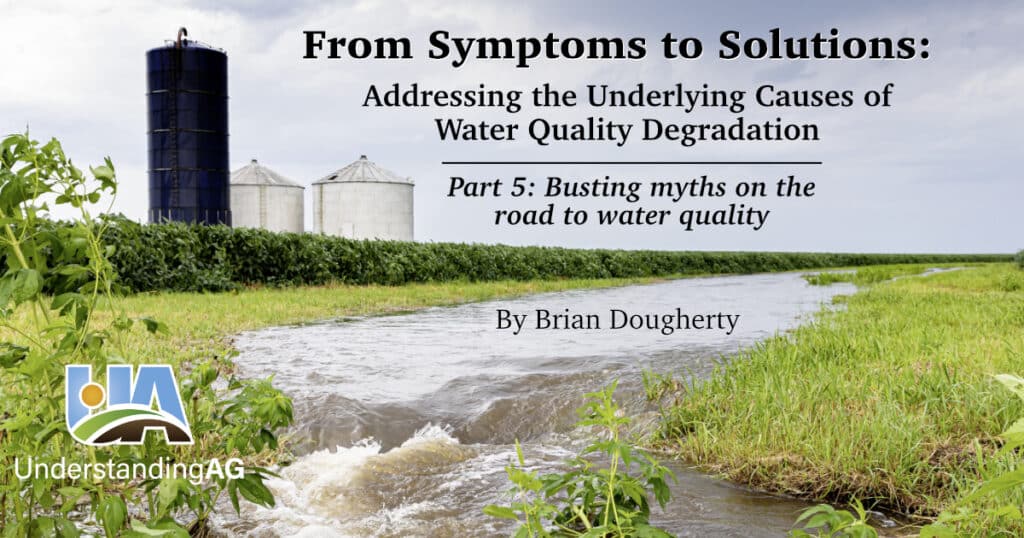
From Symptoms to Solutions: Addressing the Underlying Causes of Water Quality Degradation – Part 5
In Part Four, I discussed the importance of keeping living roots in the soil and avoiding overapplication of nutrients at the wrong time. In this final post I will examine nitrogen sourcing options and how plants acquire nutrients in a healthy soil. To understand what the ‘right source’ of nitrogen is, we first need to […]
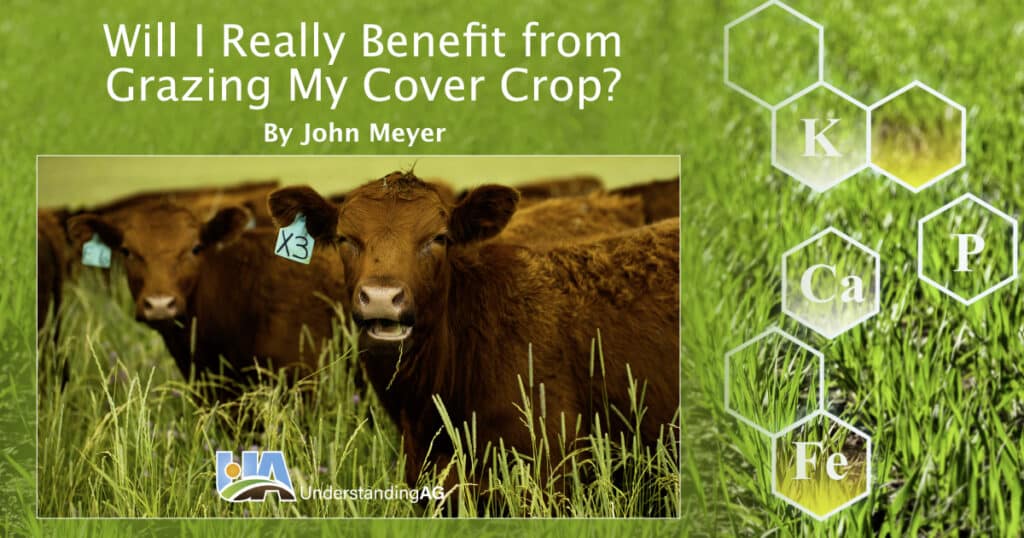
Will I Really Benefit from Grazing My Cover Crop?
God designed the world to function as a perpetual motion machine. If done right, it should always be building fertility, not extracting it. But you have to understand the principles of soil health, and the four ecosystem processes, in order to achieve that outcome. While many individuals are content with simply “growing a cover crop” […]
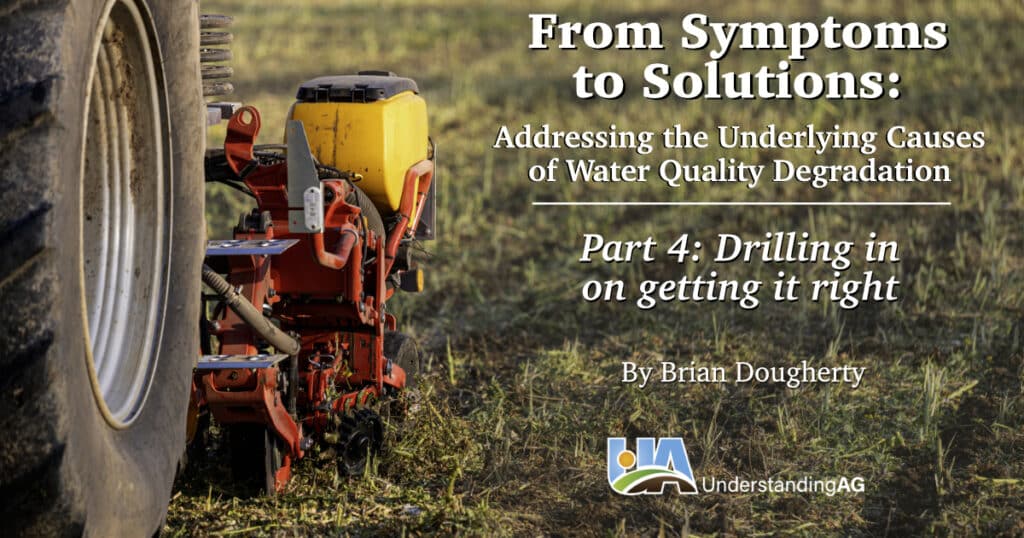
From Symptoms to Solutions: Addressing the Underlying Causes of Water Quality Degradation – Part 4
In Part Three, I reviewed the concept of using marginal nitrogen use efficiency and zero N check strips as tools to evaluate application rates. Now I will shift the focus to problems with overapplication, how to determine the right timing for application, and the consequences of not doing so. The fastest way to diminish the […]
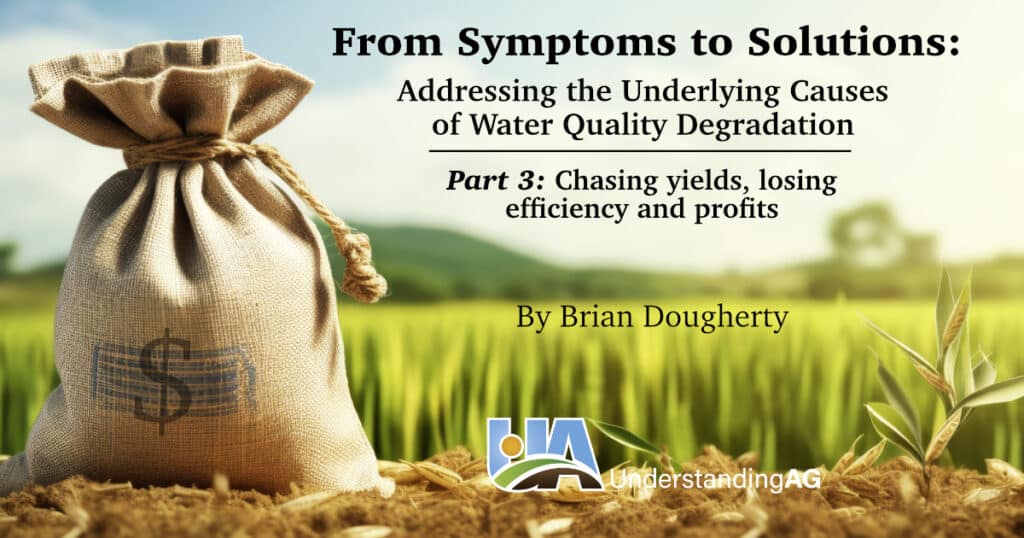
From Symptoms to Solutions: Addressing the Underlying Causes of Water Quality Degradation – Part 3
In business, it all comes down to profit. In farming, profit comes down to things we can’t control like the weather and the markets, and the things we can control like our management decisions. One of those key management decisions is determining how much nitrogen to apply to our crops. In part two of this […]
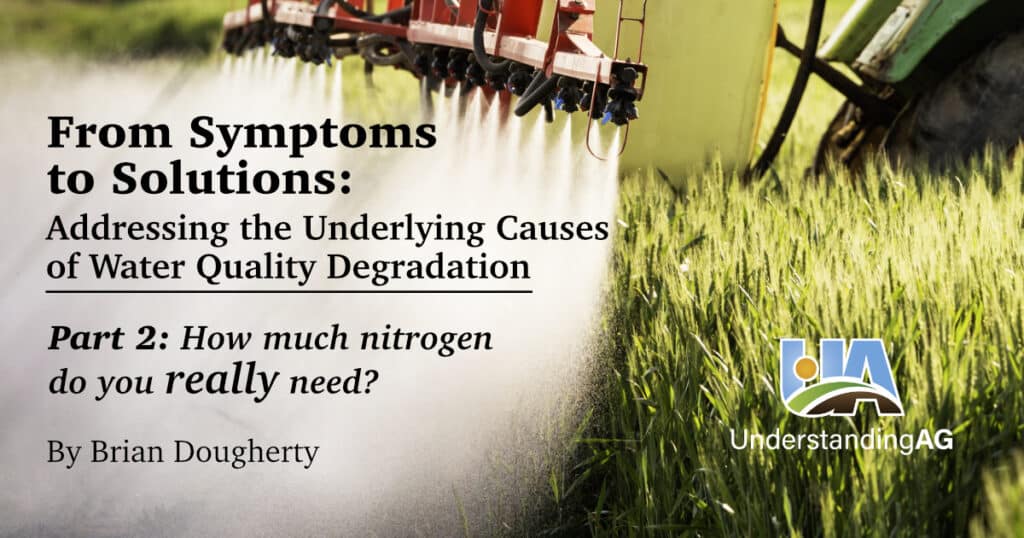
From Symptoms to Solutions: Addressing the Underlying Causes of Water Quality Degradation – Part 2
In part one of this series, I briefly discussed the importance of education for understanding how soil function and ecosystem processes play a critical role for water quality. Now let’s turn our attention to determining the “right rate” for nitrogen. Nutrient management plans focus heavily on nitrogen because it is critical for plant growth and […]
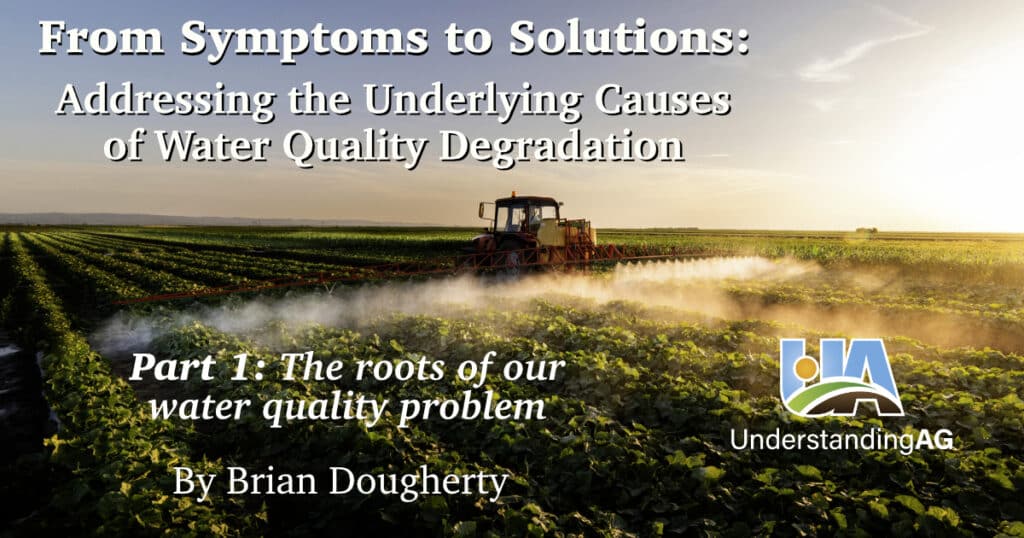
From Symptoms to Solutions: Addressing the Underlying Causes of Water Quality Degradation – Part 1
Poor water quality has been a persistent challenge in agriculture, particularly due to sediment and nutrient loss from farmland. It is considered a “wicked problem” with conflicting social, political, economic, and environmental aspects that prevent solutions. In this blog series I will challenge the notion that degraded water is something we all have to live […]
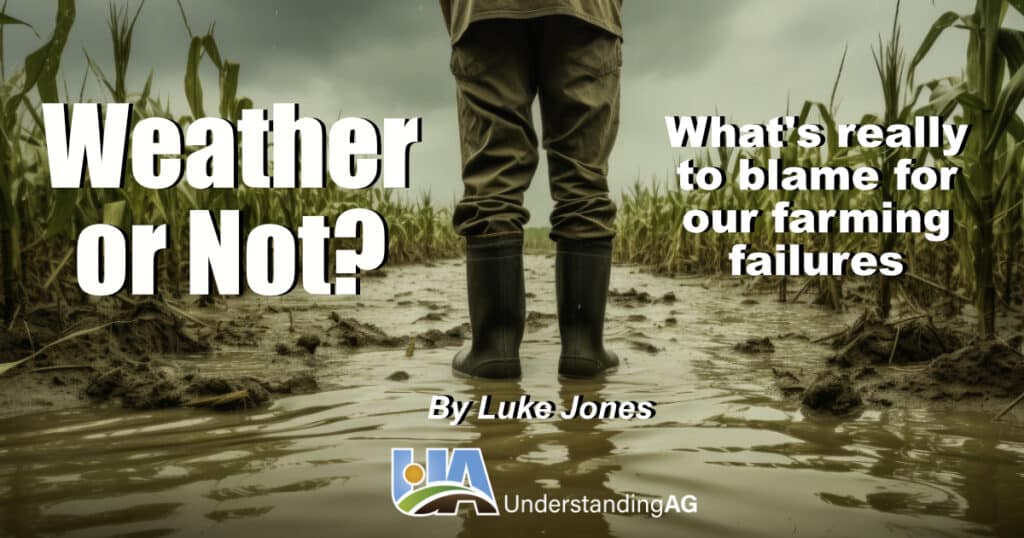
WEATHER OR NOT?
Most of us have heard the old sayings regarding weather and farming including, “Don’t plant until the barn swallows return,” and “Wait until the oak leaves are as big as a squirrel’s ear.” These, and many other sayings, were tied to observations and farming in sync with what Mother Nature was telling us in terms […]
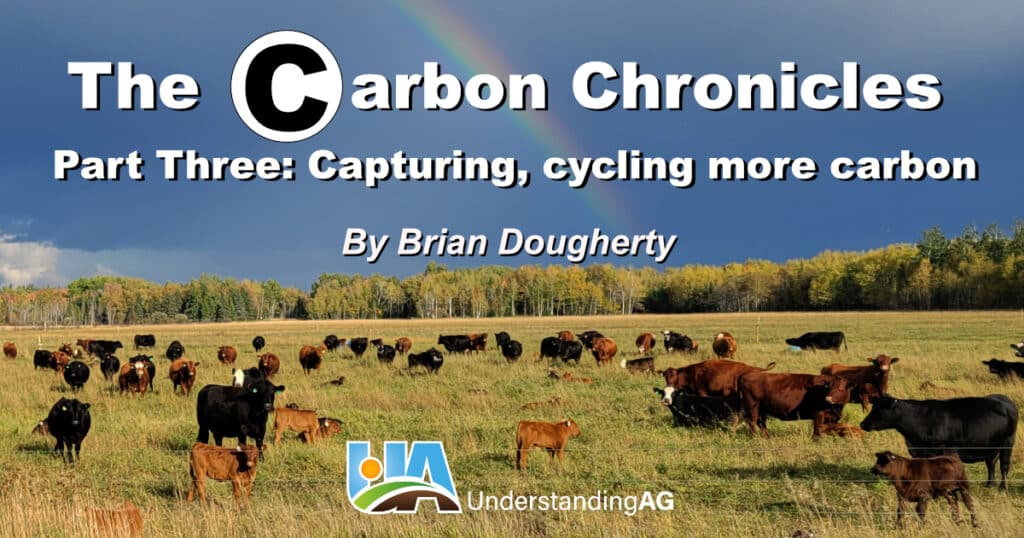
The Carbon Chronicles – Part 3
The first two parts of this series examined the critical role of carbon in powering plant and soil life (all terrestrial life) and the cyclic outflow from an average corn field. Now let’s look at inflows. Unsurprisingly, the lack of photosynthesizing plant cover throughout the growing season makes the carbon inflows smaller. Maintaining living cover […]

